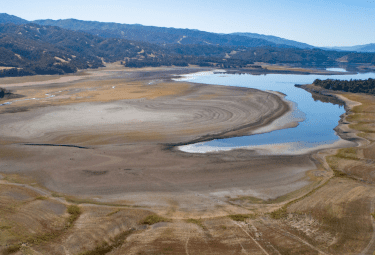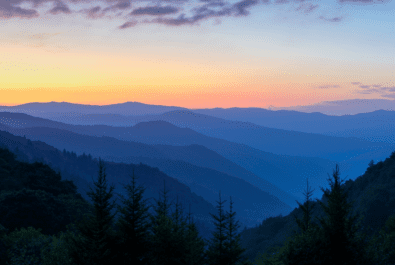Welcome to the new ESIP website!
Communicating Science on Social Media: A Google+ Hangout with Jessica Rohde
What do science, social media and a hero's journey have in common? These are the cornerstones of Jessica Rohdes' Social Media for Science Education initiative. Jessica is a Science Communication Specialist with the University of Washington’s Engage program. http://www.engage-science.com/
Using the popular Google+ Hangouts tool, Jessica (@RockyRohde) joined ESIP Student Fellows and ESIP’s Information and Virtual Community Director, Erin Robinson, for a discussion of strategies and best practices when using social media for science communications.
Jessica kicked off the hangout with a presentation titled “Beyond a Trend: How Scientists Use Social Media“. “Whether we like it or not, social media is where the general public is,” said Rohdes. “This is why we as scientists, young and old, should be engaging with our friends and the public on these social media platforms.” A 2013 study by the Pew Research Center found that 73% of adult internet users use social networking sites. As of December 2013, Facebook boasted over 1.23 billion active users and Twitter had over 240 million.
One could view social media as another tool to communicate or educate. Many scientists and researchers will host education and outreach events at their facilities, in schools or community events. Some even give television, radio and telephone interviews to highlight new research or answer questions on hot topics such as climate change and extreme weather. Social media gives scientists an avenue to communicate their message and engage in open dialogue with the public and other scientists on a transparent, easily accessible medium.
Networking, learning and teaching – three key things scientists do at conferences can be accomplished on Twitter. You can meet new people, build relationships and develop community; Eavesdrop, crowd-source and collect data; and share resources, tell stories and discuss & debate. The best part is that on social media, there are no conference fees – the only investment is your time.
Jessica showed examples of how prominent scientists including Neil deGrasse Tyson (@neiltyson) use Twitter for science education but stresses that you don’t have to be famous to benefit from social media. It gives you the chance to connect and explore new ideas with a larger community than ever before. Teachers are even using social media in the classroom to promote discussion on class topics.
Now, if your primary goal is to educate, how can you determine the effectiveness of your online efforts? Conveniently, social media platforms such as Twitter offer built-in analytics to measure how well you're engaging and reaching your audience of followers. If some posts are receiving more attention than others, perhaps your followers are more interested in and receptive to that type or topic of posts, Jessica suggests. When posting on social media, Jessica recommends using a “hero's journey” as a communication tool. “We grow up hearing fairytales in books, movies and bedtime stories. Make yourself, the scientist, the protagonist in the story,” says Jessica. People like to feel successful, even if it is done vicariously through others.
If you want to do more than educate, network and learn through social media, how about crowdfunding your next study? No longer are we constrained to asking our neighbors and fellow scientists for assistance. Consider posting on social media about the research idea you’re pursuing and asking folks to fund your study – you never know who might want to help you reach your goal. Check out SciFund Challenge for a great example.
Jessica offered one final piece of advice: “Add a personal side to your science tweets.” Doing so may help to change public's perception of scientists; We need to show them that we aren't just disheveled-looking people wearing lab coats and working in isolated labs. Doing so will help to make our messages more relatable, more likely to be read and more likely to be shared. Science engagement and education on social media is the goal – let's get going!
A big thanks to Jessica for hanging out with us!
Check out her website: http://www.jessicarohde.com/
Follow her on Twitter: @rockyrohde
Some good hashtags to follow/use for science communication on Twitter:
#scicomm #sci140 #scistuchat




